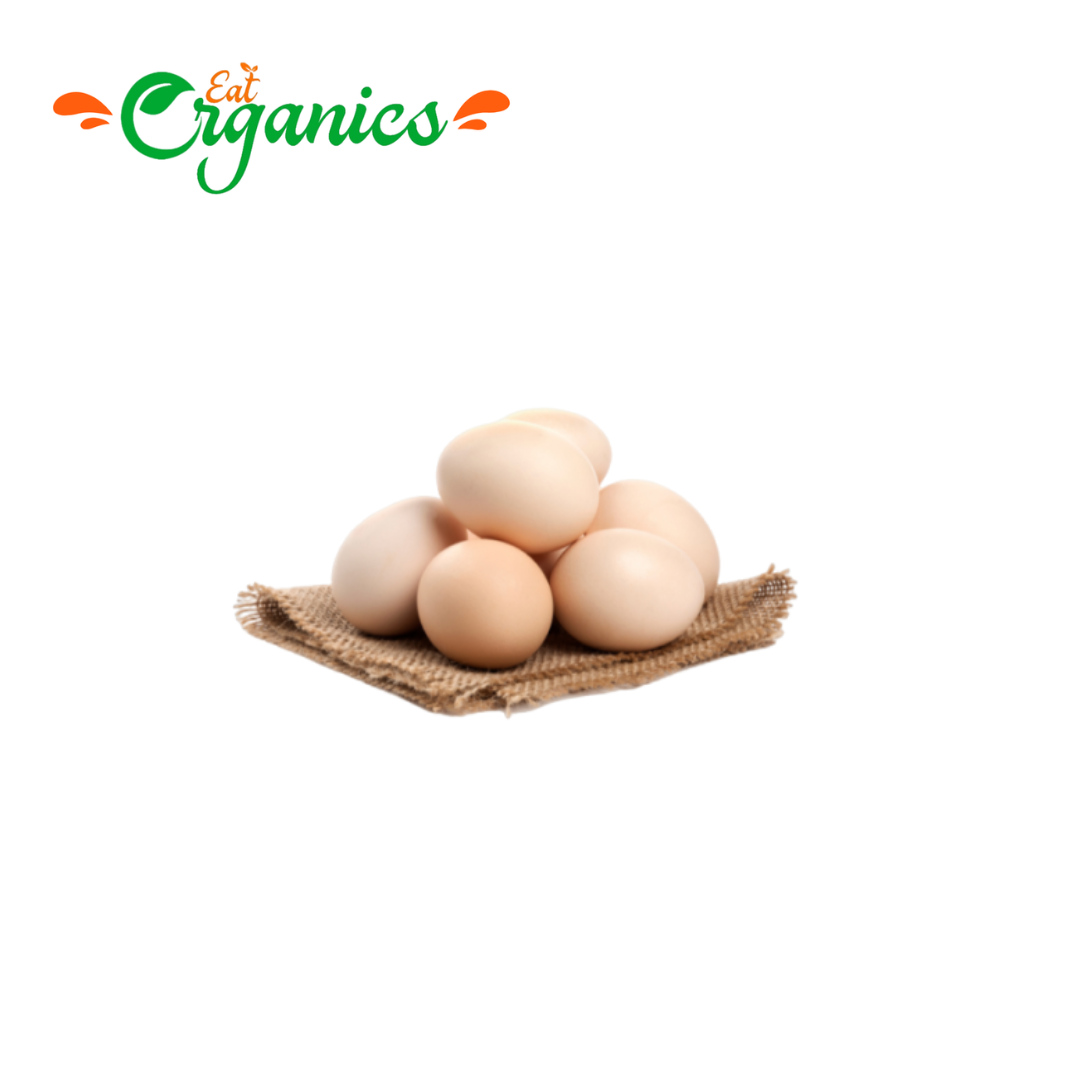Desi Eggs refer to eggs laid by native or traditional chicken breeds, typically found in rural areas of South Asia, including India, Pakistan, and Bangladesh. These eggs are distinct from commercially produced eggs in several ways, including their flavor, size, and nutritional profile.
Desi chickens, the source of Desi eggs, are usually free-range and raised in natural environments, where they roam freely and forage for food. As a result, Desi eggs often have richer yolks with a deeper yellow or even orange color, which indicates a higher nutritional content. The hens’ natural diet, which includes grains, insects, and plants, contributes to the eggs’ distinctive taste and more robust flavor compared to eggs from commercially farmed chickens.
The shell of Desi eggs tends to be thicker and more textured, providing extra protection for the egg. In terms of nutrition, Desi eggs are often considered healthier due to their higher protein, omega-3 fatty acid, and vitamin content, as well as a lower fat ratio. They are also less likely to contain antibiotics or hormones, which are commonly used in commercial egg production.
Desi eggs are used in various traditional South Asian dishes, such as curries, bhurji (scrambled eggs), and omelets. They are also enjoyed boiled, fried, or in snacks and baked goods. Their superior taste and nutritional benefits make them a sought-after ingredient in many households, especially for those looking for a more natural and wholesome food option.










Reviews
There are no reviews yet.